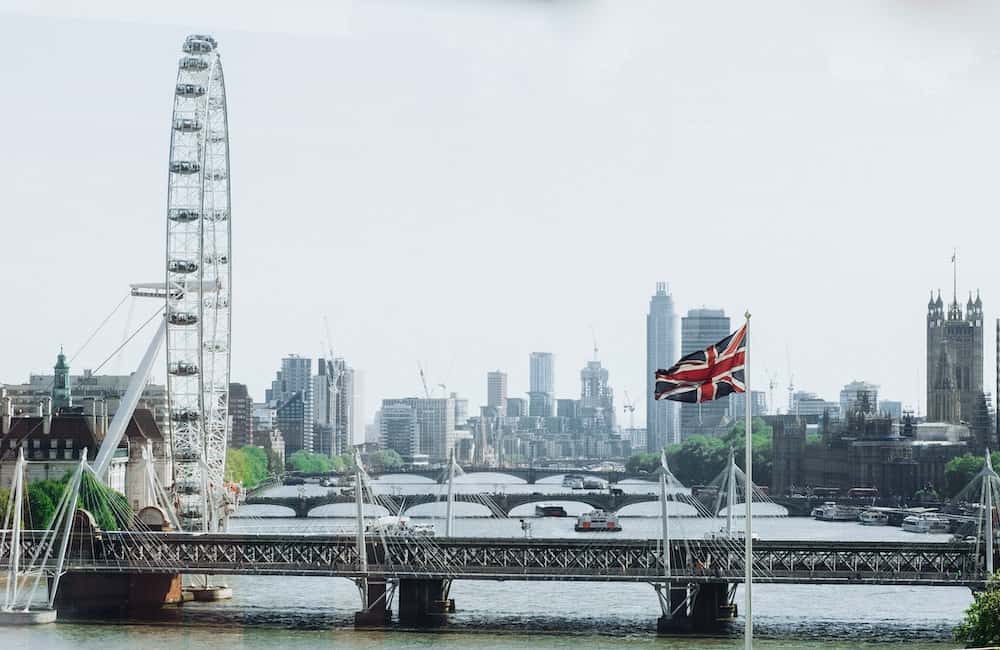
More than two years in the making, the U.K. is getting closer to moving forward with its Brexit plan—scheduled for March 29, 2019—but there’s a lot of uncertainties that could make meetings during that time quite hectic.
First off, U.K. Prime Minister Theresa May couldn’t even get her own members of Parliament to support her agreement with the European Union (E.U.) earlier this month. And former Prime Minister Tony Blair is even calling for another referendum as a result of the gridlock.
Meanwhile, the E.U. confirmed that British citizens will have to pay about $8 to visit mainland Europe—the first of many taxes that U.K. travelers will endure. Depending on how the agreement goes, British citizens might even be required to get a visa to travel to the E.U. This will be somewhat of a nightmare for meeting planners who have attendees traveling from Britain to a meeting in Europe.
But that’s just the beginning. Other caveats that could take place if the U.K. embarks on a “no-deal” exit? The International Air Transport Association is already putting plans in place to prepare for the chaos that would ensue if no flying rights, safety framework or border management negotiation is put in place. At the very minimum, airports will have to hire additional customs officers to admit citizens between the U.K. and E.U. But Reuters even reported that Ryanair warned U.K. flights could be grounded for up to three weeks.
A no-deal exit could also lead to new trade barriers that could affect the costs of productions and services, including food, medicine and manufactured goods used at meetings.
Ireland, however, will still remain a gateway between the U.K and the E.U. That means E.U. citizens will not have mandatory passport checks if they’re traveling to Britain via Dublin or Belfast.










